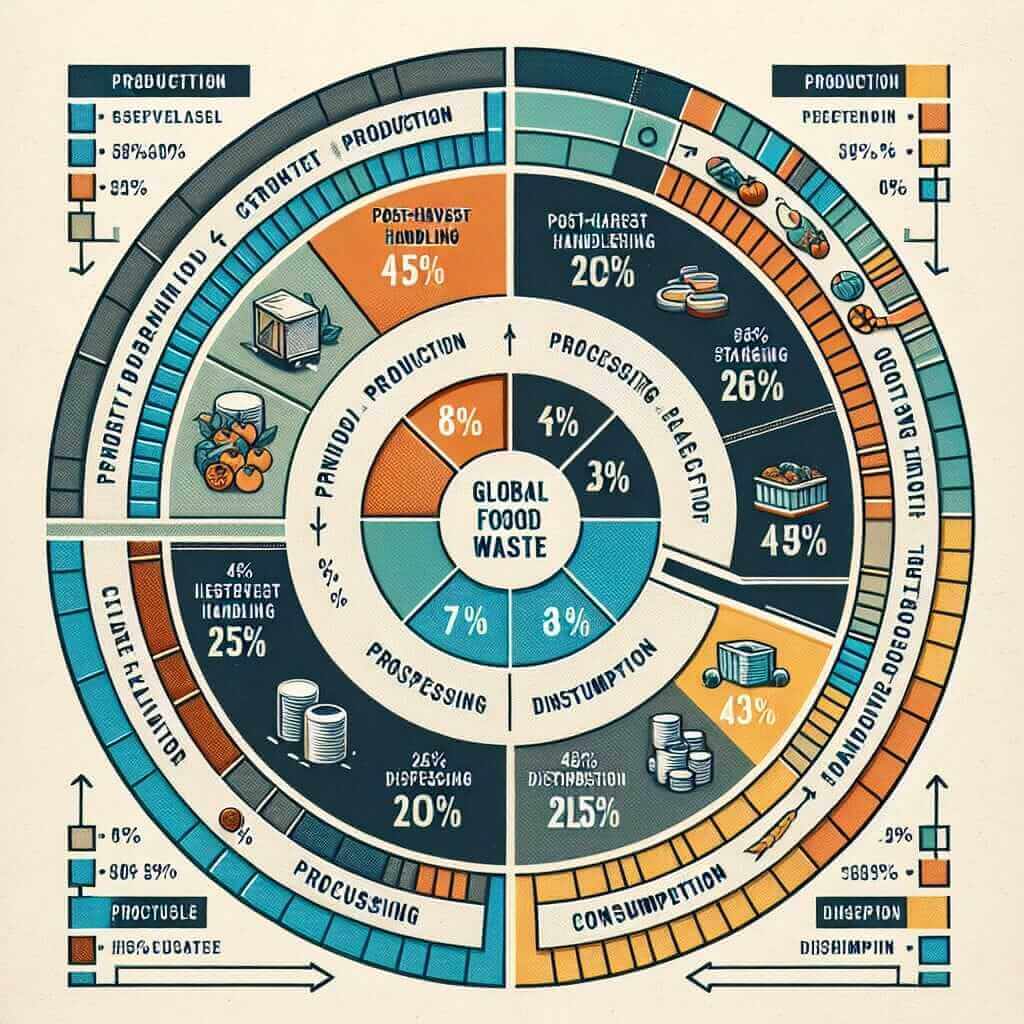As an IELTS instructor with over 20 years of experience, I’ve noticed a recurring theme in the IELTS Reading section: environmental issues. One topic that frequently appears is the impact of our dietary choices on the planet. This isn’t just a hot topic in casual conversation; it’s a subject that IELTS examiners love to test! So, if you’re aiming for a high score in your IELTS Reading exam, understanding how to tackle passages related to “diet and the environment” is essential.
Understanding the Importance of “Diet and the Environment” in IELTS Reading
The IELTS exam is designed to assess your English proficiency, but it also tests your ability to comprehend complex issues and form reasoned arguments. This is where the “diet and the environment” theme becomes significant. You might encounter passages discussing:
- The environmental impact of meat consumption: This could involve the carbon footprint of livestock, deforestation for grazing land, and water usage in meat production.
- Sustainable agriculture: Passages might focus on alternative protein sources like insects or plant-based diets, emphasizing their lower environmental impact.
- Food miles and transportation: You might be tested on your understanding of how transporting food globally contributes to greenhouse gas emissions.
- Food waste: The reading section might present information on the amount of food wasted globally and its environmental consequences.
By incorporating this theme, the IELTS exam encourages you to think critically about global issues and consider the impact of your choices.
Tackling “Diet and the Environment” Passages Effectively
Now that you understand the significance of this topic, let’s discuss some strategies to ace these passages:
1. Expand Your Vocabulary
- Become familiar with environmental jargon: Words like “carbon footprint,” “deforestation,” “sustainable,” “greenhouse gases,” and “biodiversity” are frequently used in these passages.
- Learn synonyms and related terms: Don’t limit yourself to just one word. For example, instead of only knowing “meat,” understand terms like “livestock,” “poultry,” and “cattle.”
2. Practice Skimming and Scanning
- Skimming: Quickly read the passage to grasp the general idea and identify the main topic of each paragraph.
- Scanning: Once you’ve skimmed the passage, use keywords in the questions to locate specific information within the text.
3. Pay Attention to Facts and Figures
These passages often include statistics, percentages, and other numerical data. Be prepared to:
- Locate specific numbers: Questions might ask about the percentage of greenhouse gas emissions from agriculture or the amount of water needed to produce a kilogram of beef.
- Compare and contrast: You might need to analyze and compare data presented in graphs, charts, or tables.

Example from an IELTS Reading Passage
Let’s look at an example question based on a potential reading passage:
Passage Excerpt:
“A significant proportion of global greenhouse gas emissions can be attributed to the agricultural industry. Studies suggest that livestock farming alone is responsible for nearly 15% of human-induced greenhouse gas emissions. This is primarily due to the release of methane, a potent greenhouse gas, during the digestive process of cattle.”
Question:
What percentage of human-caused greenhouse gas emissions is attributed to livestock farming?
A. 5%
B. 15%
C. 25%
D. 50%
Answer: B. 15%
Explanation: This question requires you to locate specific information within the passage. By scanning for keywords like “livestock farming” and “greenhouse gas emissions,” you can quickly find the answer.
Tips for Success
- Stay updated on current environmental issues: Reading articles, reports, and news related to the environment will familiarize you with common terminology and arguments.
- Practice summarizing: After reading a passage, try to summarize the main points in your own words. This will help you retain information and improve your comprehension.
- Don’t panic if you encounter unfamiliar words: Use context clues and your understanding of the overall passage to infer their meaning.
Remember, success in the IELTS Reading section requires more than just language skills; it demands critical thinking and the ability to process information effectively. By understanding the significance of the “diet and the environment” theme and practicing the strategies outlined above, you’ll be well-equipped to achieve your desired IELTS score.